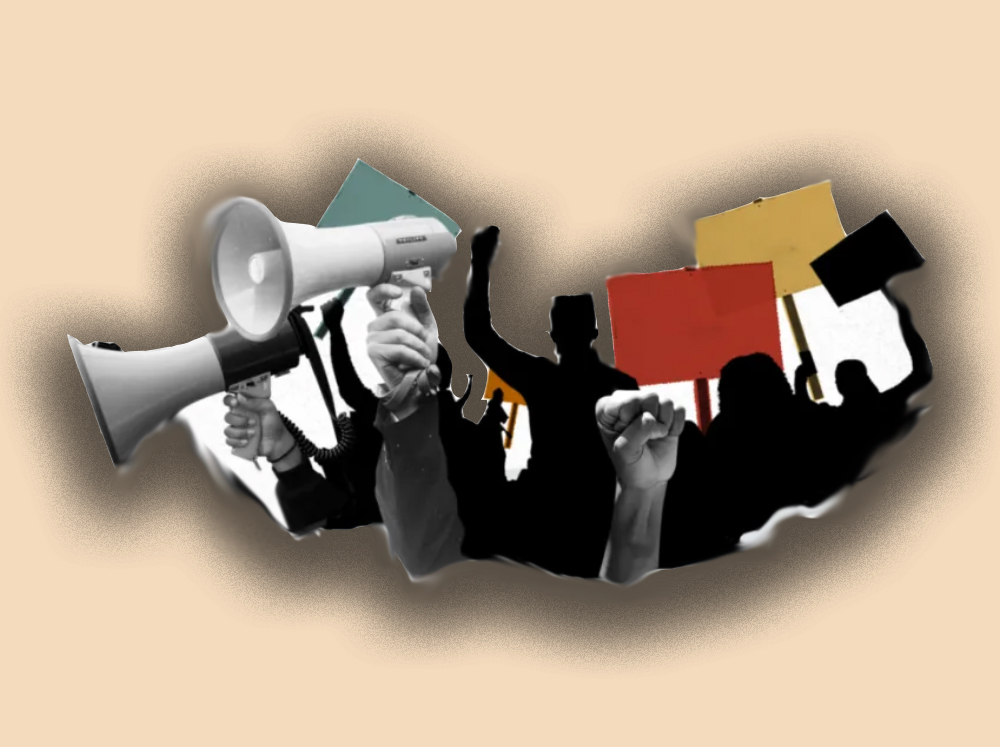
On the brink of the one-year anniversary of the October 25th crisis and its aftermath
Abdullah Rizk Abu Seemazah
During sideline discussions at the United Nations General Assembly meetings last weekend, U.S. President Joe Biden expressed his countrys solidarity with the African Union and the Economic Community of West African States (ECOWAS) in their efforts to confront the wave of military coups that have once again struck the continent, adding new challenges to Africas existential struggles.
Not far from the possibility that the United States itself has been waiting for a similar show of solidarity for some time in the face of the coup situation in Sudan, which is approaching its second year, and its repercussions in the April 15, 2023 crisis. Since then, the United States and its allies have been seeking to contain what they describe as the military takeover that blocked the transition of power to civilians and the restoration of the democratic transformation process, only to be surprised by an explosion within the coup component itself.
While ECOWAS efforts to end the military coup and restore civilian rule in Mali and Burkina Faso stumbled before the situation worsened, with coups in Niger and Guinea Conakry preceding it, similar U.S. efforts regarding the situation in Sudan, which began by rejecting the characterization of the events on October 25, 2021, as a military coup, have not yielded any positive results so far.
The consequence of this setback on all coup resistance tracks is that it may serve as an incentive for more coups and the spread of the coup phenomenon, as an omen for the future of Africa.
While the Sahel coup leaders capitalized on anti-French sentiments mixed with frustration over the failure of local and foreign military forces in the war against jihadists, which was expressed in accusations against France of supporting ISIS and Al-Qaeda-affiliated jihadists in Burkina Faso and Mali, the army, as in Gabon, which witnessed the latest military coups, has become a means of change, whether it conforms to its essence and scope or not. In the absence of civil society weakness and suppression, and the transformation of republics into quasi-monarchical systems that hinder any genuine power transition and rely on hereditary distribution, or by assassinating the president, as in the case of Chads Idriss D�by, who was on the brink of his sixth term.
In addition to Denis Sassou Nguesso, who was rumored to have been overthrown in a coup while heading to attend the United Nations General Assembly sessions after ruling Brazzaville for 21 years, there is Paul Biya, the long-time president of Cameroon, whose country is witnessing the latest separatist war on the continent. He may be averse to a coup that ends his forty-year rule at the age of 90. Alongside Teodoro Obiang Nguema Mbasogo, the longest-serving leader who has been ruling Equatorial Guinea for over four decades, it is expected that his son, the First Deputy, who is wanted for justice in several European countries, will succeed him.
Nevertheless, the need remains for innovative and new political, diplomatic, and economic pressure methods, while the military option, adopted by ECOWAS, appears unproductive and uncertain in its results. Initially, there must be a unified vision because a military seizure and a military coup are two sides of the same coin, both of which are anti-democracy and civilian rule. Then, the front against military coups must be expanded on both the official and popular levels, with a focus on supporting and strengthening civil society, as the restoration and protection of democracy should be coupled with the free will and action of the people.
In the meantime, the Sudanese people, who are fighting a dual battle to stop the war and to restore the civilian transition to democracy, can provide a model for African nations in their existential struggles.
In the meantime, it may not seem too early to report on the failure of international community efforts and initiatives (the Troika, the Quartet, IGAD, the African Union, and the neighboring countries led by Egypt) so far in resolving the April 15 crisis, now entering its sixth month, and the October 25 crisis, nearing its second year.

